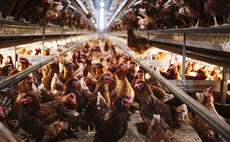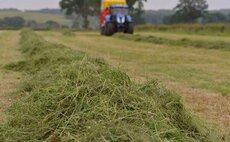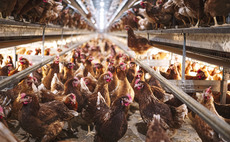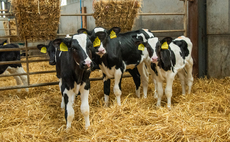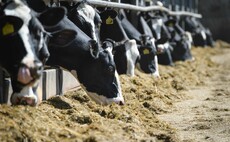Nutrition
Farm Life
Athletes bemoan lack of meat, dairy and eggs as France champions its sustainable Olympic Games
Livestock
Feed contamination by mycotoxins is a growing and major challenge facing pig and poultry producers
Livestock
The impact of the wet winter and spring are likely to be felt into the coming winter feeding season says Trouw Nutrition following the announcement of results from the first 500 silage samples analysed this year
Arable
Hope low-energy kelp extraction will enhance soil and animal health while reducing reliance on chemical inputs
Livestock
Keeping laying hens longer can help reduce the carbon footprint of egg production through increased lifetime performance.
Dairy
Managing the risk factors associated with mycoplasma bovis is key to controlling the disease on-farm and protecting naive youngstock
Blogs
QMS board member and dietitian, Dr Carrie Ruxton, explores the nutritional value of red meat and the risks of switching to plant-based diets
Dairy
Oat milk is out, it seems, and whole milk is back in. Emily Ashworth takes a look at the changing perception around consuming dairy
Politics
A cheap food policy has not led to improved nutrition, especially for the poorest in society
Dairy
�������� are advised to look ahead at this year's silage quality to reduce input costs and manage environmental footprint. �������� Guardian reports.


 31 July 2024
•
2 min read
31 July 2024
•
2 min read
